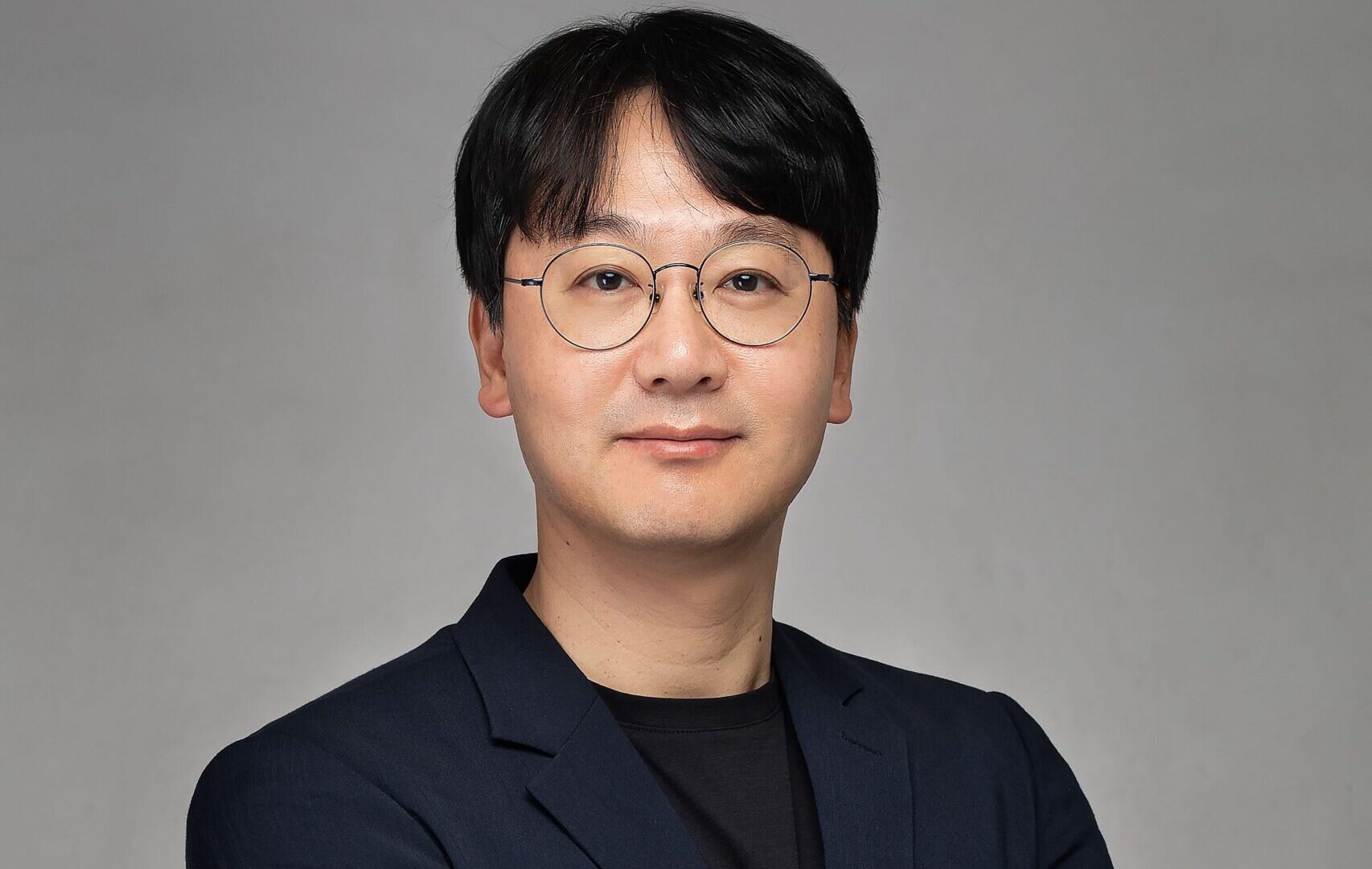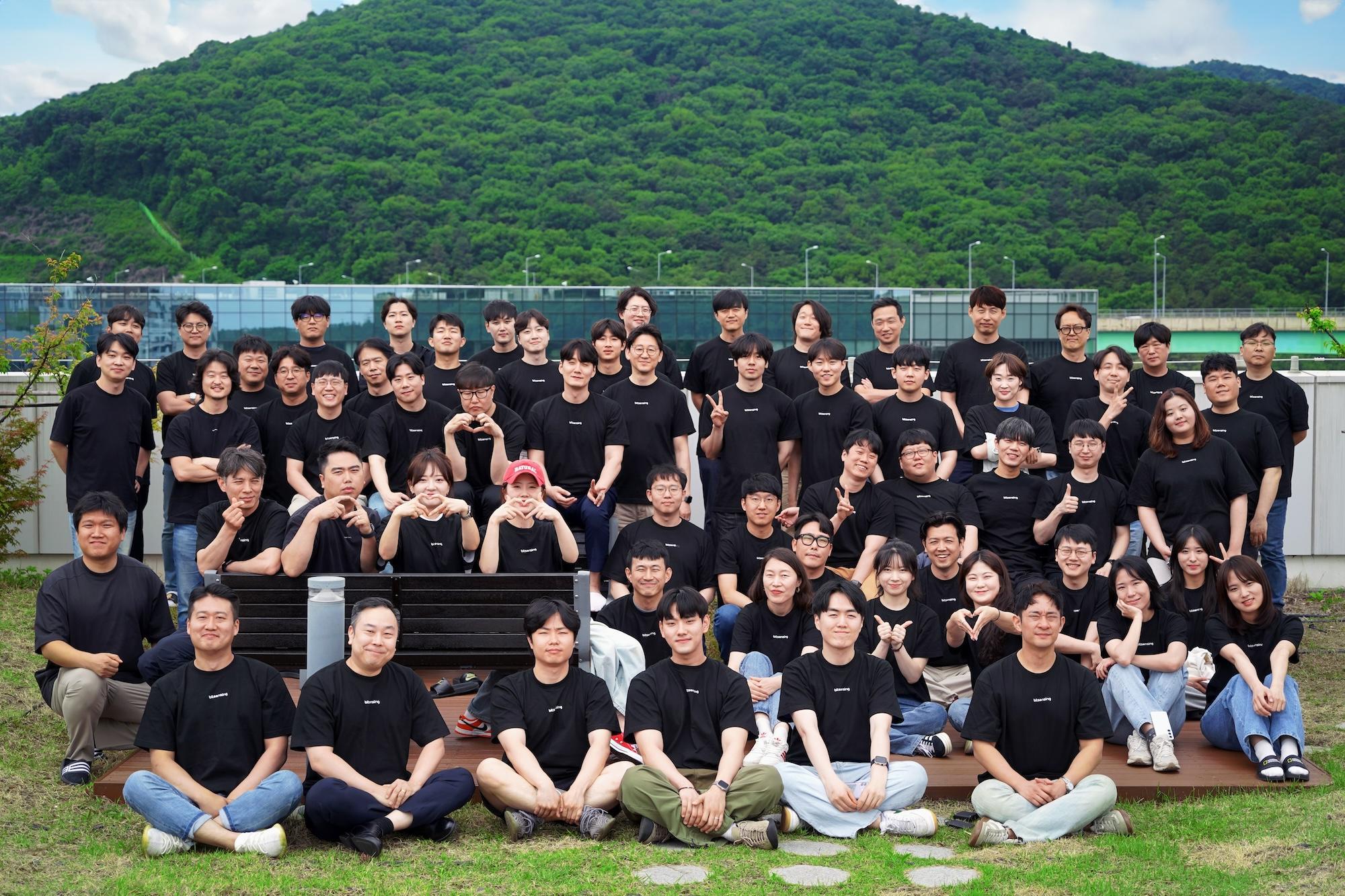SWING, the first Korean mobility service company to begin overseas operations with its Japan expansion, aspires to be Asia’s number one. SWING claims to be Korea’s No. 1 personal mobility company, offering various mobility-sharing services such as electric kickboards, electric bicycles, and electric motorcycles.
Swing has been planning to launch operations in Japan since last year when it established a subsidiary. The e-mobility company has launched its dockless e-scooter sharing service in Tokyo and plans to deploy 1,000 operational kickboards in the second half of 2022. By the end of 2022, the company plans to expand its service offerings to three Japanese cities.
Participation in the 2021 Global Challenge Program aided the startup’s Japanese expansion. The program enabled the company to quickly obtain consulting and support for establishing a corporation in Japan.
SWING is expanding the operating scope of ‘Todayeun Rider,’ a shared service for delivery riders, as small personal electric vehicles become the new reality of urban mobility, giving startups opportunities to enter the field and investors to consider the latest transport technology avenue.
Fresh funding boosts SWING’s growth
In February 2022, the startup received 30 billion won (approximately $25 million) in Series B funding. White Star Capital, a global Venture Capital firm and the lead investor in Europe’s No. 1 electric kickboard sharing service company TIER, led the round.
Existing investors Hashed and Humax also participated. New investors included MC Partners, Smilegate Investment, and ST Leaders Private Equity. SWING has been recognized for its differentiated performance with both scale and profitability and its growth potential through entry into new businesses and overseas markets while attracting this investment.
SWING registered to operate 35,000 electric kickboards and motorcycles by the end of 2021, making it the largest in Korea. SWING is taking the lead in mobility electrification through collaboration with local governments based on the operational know-how gained through this investment.
The startup hopes to become a market leader in Korea’s personal electric mobility market this year by selling 100,000 electric bicycles and motorcycles. Furthermore, by standardizing the batteries across models, the company intends to install and operate the battery charging system directly.






